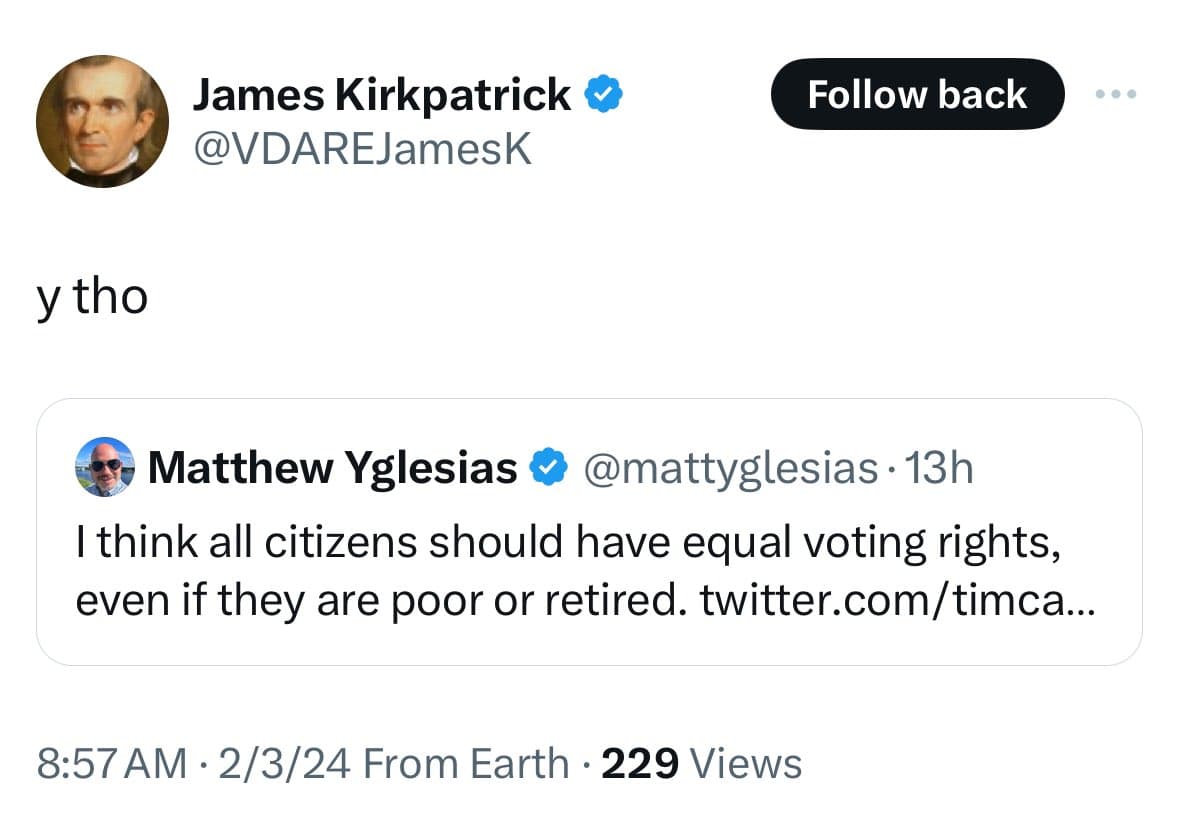Matthew Yglesias Ignites Controversy with Historically Charged French Political Remark

Matthew Yglesias, a prominent political commentator, has sparked considerable debate with a recent social media post featuring the provocative French phrase, "Plutôt Hitler que le Front populaire" (Rather Hitler than the Popular Front). The tweet, shared on his platform, draws a direct parallel to a historically charged sentiment from 1930s France, reigniting discussions about extreme political rhetoric and its contemporary application. The phrase itself originates from a period of deep political polarization in France during the 1930s. It was used by some conservative and far-right elements who viewed the left-wing coalition, known as the Popular Front, as a greater threat to the nation than the rising tide of fascism in Germany. This sentiment reflected an intense anti-socialist and anti-communist fear, leading some to express a preference for authoritarian rule over a left-leaning democratic government. Historical accounts confirm this phrase, or variants like "Plutôt Hitler que Blum" (referring to Léon Blum, the Popular Front leader), circulated among certain French circles. Yglesias's use of this loaded statement in the current political landscape of 2025 has been met with immediate and varied reactions. While some interpret it as a stark warning against contemporary left-wing political alliances, others condemn it as irresponsible and inflammatory, arguing that it trivializes the horrors of Nazism and misrepresents modern political dynamics. The commentary has prompted a wider examination of current political alignments in France and other Western democracies, questioning whether any existing movements evoke the historical anxieties associated with the original Popular Front. Observers note that Yglesias, known for his often contrarian and provocative analyses, frequently employs historical analogies to critique modern political trends. His latest tweet appears to be a deliberate attempt to draw attention to what he perceives as a dangerous resurgence of certain ideologies or coalitions, particularly on the left. The statement underscores a persistent tension in political discourse, where historical references can serve both as cautionary tales and as tools for rhetorical escalation.